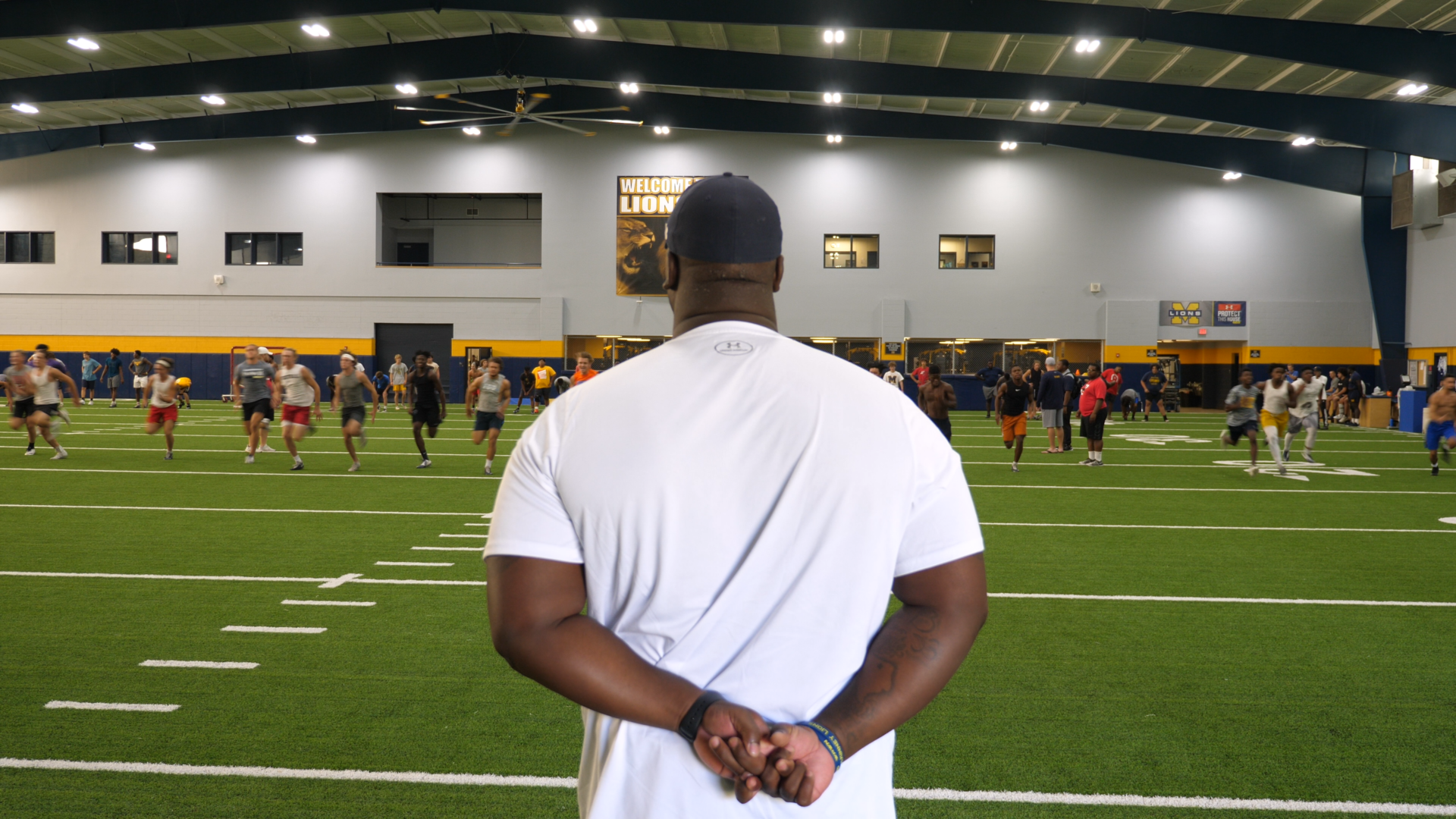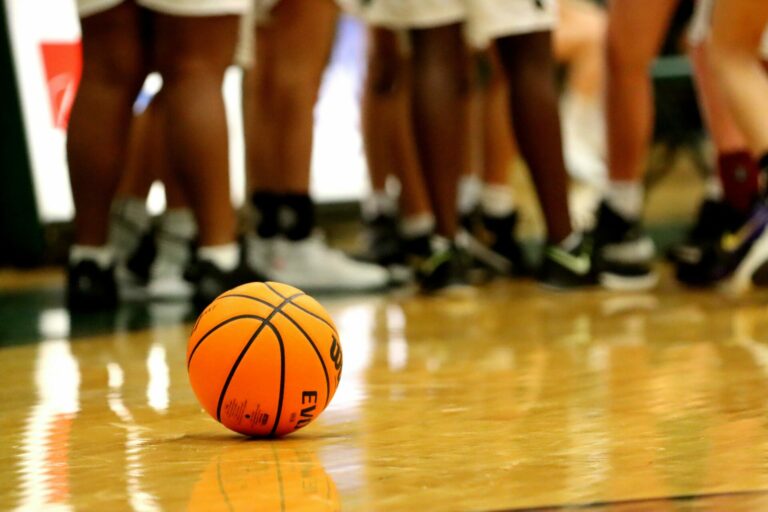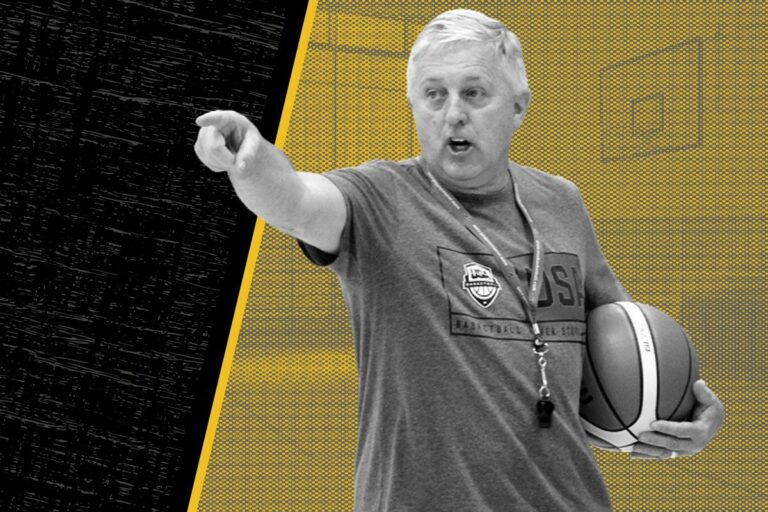McKinney Football Coach Marcus Shavers’ Coaching Philosophy
- Creating a resilient team isn’t about pushing your players harder.
- Make sure that every member of your team understands the importance of their role, not only as a player but as a person within the organization.
- Coaches need to be adaptable in their approaches, and willing to make sweeping changes.
Marcus Shavers, a former defensive lineman at the University of Arkansas, has plenty of experience contributing to standout teams. Before his time as a Razorback, Shavers was an all-state defender and U.S. Army All-American at Allen High School in Allen, Texas.
Shavers became the head coach of McKinney High School Football in 2018, after leading a middling Estacado High School program to a district title. However, the first half of his inaugural season at McKinney was a massive disappointment, as the team fell to 0-5.
With pressure growing, Shavers was forced to reassess his coaching philosophy: that creating a resilient team isn’t about pushing your players harder. Instead, it’s about redefining success in terms of relationship building within your program.
The results were striking—culminating in the McKinney Lions’ first playoff victory in 25 years. Here’s why Coach Marcus Shavers started leading with love, in his own words.
To get real, first-hand stories about how leaders in different communities lead with love and build successful programs, delivered straight to your inbox every month, subscribe to Leading Edge’s newsletter.
The only reason you play football is because it’s fun.
The older you get and the longer you stay in football, the more like a business it becomes. The hard work increases and the time spent on it increases. A lot of times it can even feel like a job.
We don’t ever want to take the fun out of football. We want to make sure our kids all know that we’re here for a reason and that we’re here to grind. We have a standard to which we work. But, it doesn’t have to be something that we dread, either.
So, we work to create an environment where not only do players enjoy coming to work out, but coaches feel like they enjoy coming to coach. That’s the type of environment where success can thrive.
However, with handling success comes handling failure. There are commonalities in the way to do each of these. When I was younger, I used to always handle failure with aggression. My answer was always to go harder and study harder, or go back and tackle harder or whatever the case might be.
Until the 2018 year.
Our kids lost every game in the first half of their season, and I knew that I couldn’t come back and stick with the same coaching philosophy of “punching harder.”
The worst thing you can do is separate, point fingers, and find places to lay blame. Instead, we had to focus on team building, and figure out how to get out of that adversity. How we were going to turn those losses into wins and, most importantly, how were we going to figure out a way to include everybody in doing that together.
So when we have adversity here and when we have failures there, the best way to respond isn’t to “just go harder.” You have to respond to the challenges by getting tougher together. You have to make sure that every member of your team understands the importance of their role, not only as a player but as a person within the organization. By doing that, you can begin to head in a direction towards winning, but winning together.
In short, I learned to start leading with love.
Leading with love means: We won’t have a kid go hungry, so we keep snacks around. Leading with love means: We won’t have a kid walk home, so we look out for one another. Leading with love means: We’re able to come in and hold each other accountable without anybody getting offended. We communicate with one another.
My leading with love coaching philosophy means: we take care of each other, and I make sure that I’m as animated about that as I am about coaching them and critiquing what they do on the football field.
I tell our coaches to coach them hard and love them harder. And I think that if we do that consistently, then we’re able to provoke a lot of change in the culture we’re trying to build at McKinney football.
With this coaching philosophy, I’ve found how important it is to prioritize relationship building as you establish your program. Building relationships—genuine relationships, ones that hold trust as the foundation—are key. That, to me, is a cornerstone of what it means to be a coach.
When relationships are held as the core of the team, the work stays light. And, most importantly, you’re able to better lead your kids with love because you’ve earned their trust.
I also think that those relationships have impacts outside of football. I think we’ve contributed to a number of seniors graduating high school, but not because of football, because of the success that we had in football because we put relationship building first.
We’ve had players who had just lost interest in graduating. Maybe they lost interest in school, or they just didn’t have the same passion for school that they had for football. But they weren’t on the path towards their diploma.
But we tried to tie these things together. We tried to channel that passion for football into school. And maybe our attempt wasn’t 100 percent perfect, but it was able to be done because of the relationships and trust we’d built with our players. It made enough of an impact that our kids did walk across that stage, and felt like valued members of both the team and their class.
Another part of leading with love is setting up your kids for success later in life.
Which is why we want to teach responsibility. We want to teach handling adversity, because there’s a lot of that in life. We want to also teach how to handle success, because there will be times in your life where you did get the job that you were going for and good things did happen to you.
It’s important to me that my players understand that if they don’t handle success in a positive and humble way, then they won’t continue to have success. So that’s what I try to mold my own coaching philosophy around: Humility and accountability.
Our players have to be accountable to each other, and model player-to-player accountability. Then there’s also coach-to-player accountability and player-to-coach accountability. These are all things that we talk about making sure we’re doing. It’s critical that each individual is pulling their weight and doing their small part in the big scheme of the team. We want to teach that.
To best teach this, we make sure it’s all about developing players who are able to leave our program as holistic people. When they leave, I want them to be the kind of person who can go out and contribute at a high level in society.
If we take that approach first and make that our priority, then the football aspect of it will take care of itself.











